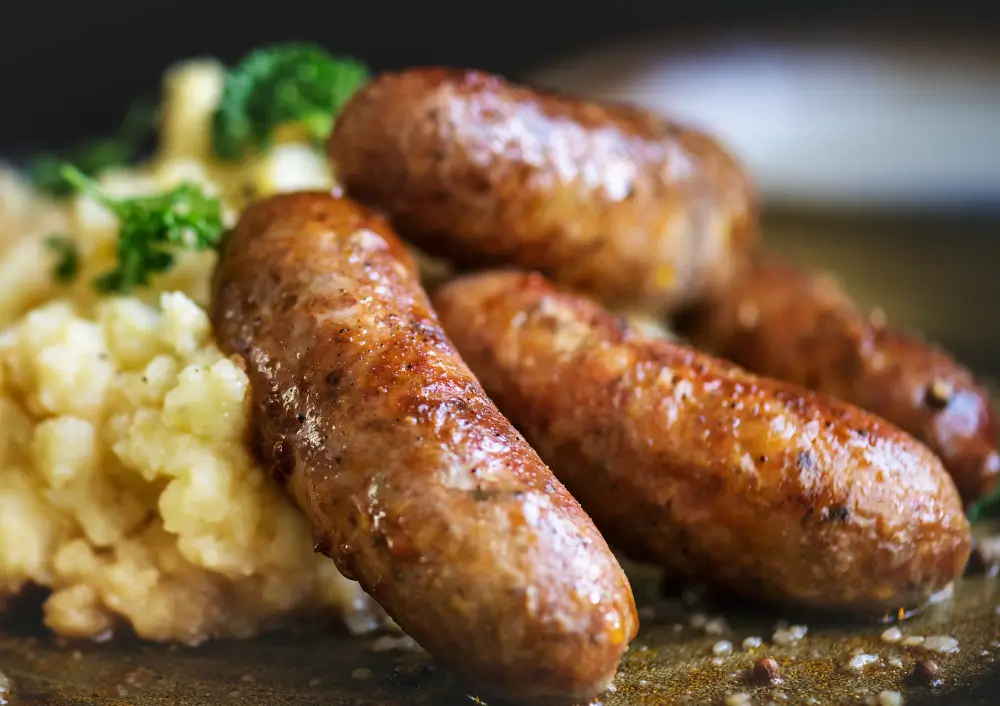A cooking class in Kenya offers a way to experience the culture beyond restaurants. It provides a hands-on opportunity to learn about the country's staple foods directly from a local host in their home. Let me explain what a typical cooking class involves, what you will learn to make, and how to arrange the experience with Kenya Peaks Adventures.
At Kenya Peaks Adventures, we connect travelers with these private, culturally immersive culinary experiences. We work with local families to offer an authentic window into Kenyan home life and cuisine.
What to Expect From an Authentic Kenyan Cooking Class
A cooking class is more than just a lesson; it is a multi-part experience that begins at the market and ends with a shared meal. The process is designed to be interactive and personal.
A Visit to the Local Market
The experience often starts with a trip to a bustling local market. Here, you will join your host to select fresh ingredients for the meal. This is an opportunity to see, smell, and learn about local produce like different types of greens, tomatoes, onions, and maize flour that are central to Kenyan cooking.
Hands-On Food Preparation
Back in your host's kitchen, the class is fully hands-on. You will actively participate in washing, chopping, seasoning, and cooking the dishes. This may include learning the specific technique of stirring ugali or the method for rolling soft, layered chapati dough.
Cooking in a Home Environment
These classes take place in a real Kenyan home, not a professional cooking school. This setting provides a unique and authentic context, offering a glimpse into daily family life, kitchen routines, and Kenyan hospitality.
Sharing the Meal
The experience culminates in sitting down with your host and their family to eat the meal you prepared together. This shared meal is often the most memorable part of the day, where stories are exchanged and you can ask questions about local culture in a relaxed setting.
The Classic Dishes You Will Learn to Make
The menu focuses on staple dishes that form the foundation of daily meals in Kenya. You will learn to prepare a complete, balanced meal from scratch.
Ugali (The Cornerstone)
Ugali is Kenya’s staple food, a stiff porridge made from maize flour and water. You will learn the traditional method of stirring the ugali with a wooden spoon (mwiko) until it reaches the correct, firm consistency. It is the centerpiece of most meals.
Sukuma Wiki (Collard Greens)
The name of this common side dish translates to "push the week," as it is an affordable and nutritious vegetable used to stretch meals. You will learn how to prepare these greens simply with sautéed onions, tomatoes, and a few seasonings.
Chapati (Flatbread)
Chapati are soft, unleavened flatbreads of Indian origin that are now a popular part of Kenyan cuisine. Mastering the technique of rolling them into thin, layered circles is a skill you will practice during the class.
Kachumbari (Fresh Salad)
This is a refreshing raw salad made from finely diced tomatoes, onions, cilantro, and sometimes chili. It is a common accompaniment served with grilled meat (nyama choma) and ugali.
Who Should Take a Traditional Cooking Class in Kenya?
This experience is suitable for many types of travelers because it can be adapted to different interests and group sizes.
For Families
A cooking class is a practical, hands-on activity that engages both children and adults. It provides a fun and educational way to introduce kids to a new culture and different foods in a safe, welcoming environment.
For Couples and Honeymooners
The private nature of the class makes it a unique and intimate experience. It offers a chance to create a shared memory together that goes beyond standard tourist activities.
For Solo Travelers
This is a structured and safe way to connect directly with local people. It provides a meaningful cultural interaction that can sometimes be difficult to find when traveling alone.
For Food Enthusiasts
This experience is for anyone who wants to understand the techniques and stories behind Kenyan food. You go beyond just tasting the cuisine to learning how it is made and the role it plays in family life.
Why a Hosted Experience is More Than Just a Class
Our cooking experiences are different from standard classes because they are built around the human connection with a local host.
Cultural Connection, Not Just Instruction
The primary value is the interaction. You are welcomed into a home as a guest, where you can learn about family life and daily traditions. Our local hosts are chosen for their hospitality and willingness to share their culture.
Authentic Family Recipes
The recipes you learn are not from a textbook. They are family traditions that have been passed down through generations, representing how Kenyans actually cook at home for their families.
Personalized Attention
Because our classes are private, you receive one-on-one attention from your host. This allows you to ask questions, learn at your own pace, and get direct guidance on cooking techniques.
How to Arrange Your Private Kenyan Cooking Class
Booking a cooking class is a simple process. We handle the coordination to ensure you are matched with a suitable host family.
- Use our contact form to tell us you are interested in a cooking class. Please include your group size and any dietary needs.
- Our team will work with you to schedule a date and match you with one of our vetted host families in Nairobi.
- You will receive a confirmation with all the details, including the meeting point for your market tour and what to expect during the day.
Ready to go beyond the restaurant? Contact us to book your private cooking experience.





